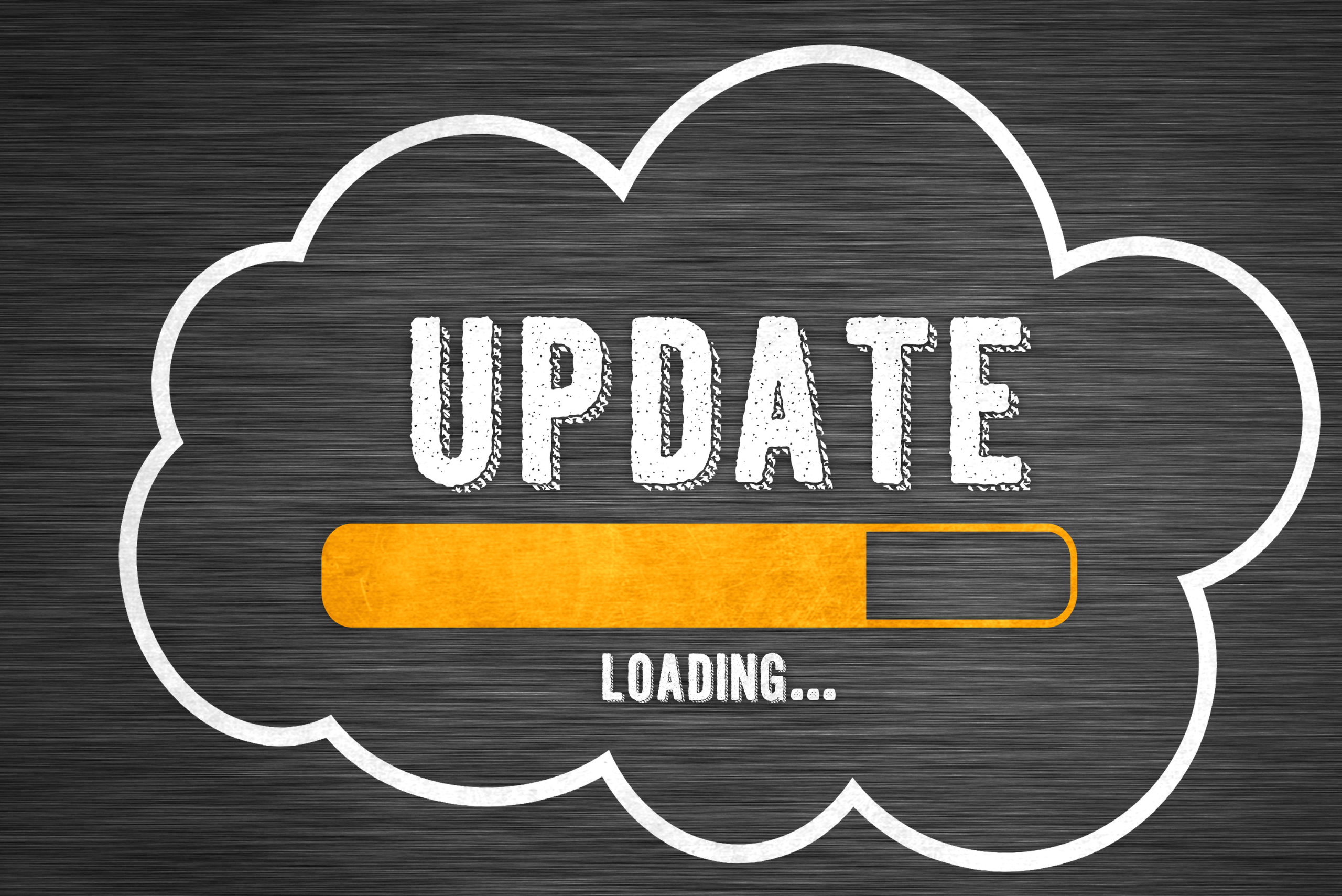
The Central Board of Indirect Taxes and Customs (CBIC) has issued an important clarification regarding the use of Document Identification Number (DIN) in communications with taxpayers and other stakeholders. This update aligns with earlier circulars while addressing overlaps caused by the automatic generation of unique identifiers in GST and eOffice systems.
Background
- Circular 122/41/2019-GST (05th Nov 2019) and Circular 128/47/2019-GST (23rd Dec 2019) initially mandated generation and quoting of DIN on specified documents, later extended to all communications.
- Circular 249/06/2025-GST (09th June 2025) clarified that communications issued through the GST common portal bearing a verifiable Reference Number (RFN) are valid communications, and quoting a separate DIN is not required.
eOffice Communications – The Issue Number
CBIC’s eOffice system generates a unique Issue Number on every communication. However, earlier no online mechanism existed to verify such Issue Numbers, hence a DIN was also being generated and quoted—leading to duplication.
To resolve this, CBIC has developed and made functional an online utility:
🔗 https://verifydocument.cbic.gov.in
Using this platform, taxpayers and stakeholders can now verify the authenticity of documents dispatched via the eOffice public option. Verification will confirm:
- File number
- Date of issue
- Type of communication
- Name of issuing office
- Recipient name (masked)
- Recipient address (masked)
- Recipient email (masked)
Officer’s Responsibility
- The issuing office name is captured automatically from eOffice.
- Other details such as document type, recipient name, address, and email must be entered correctly in the metadata by officers drafting the communication.
- Officers must ensure metadata accuracy before approval to maintain authenticity.
Key Clarification
- For communications dispatched using public option in eOffice, the verifiable Issue Number shall be treated as the DIN.
- Quoting a separate DIN in such cases is not required, as it creates two verifiable identifiers (Issue Number & DIN) on the same communication.
- However, the DIN utility remains mandatory for:
- Communications not issued through the eOffice public option.
- Communications not bearing a verifiable RFN generated on the GST common portal.
Impact on Previous Circulars
To the above extent, the following stand modified:
- Circular No. 122/41/2019-GST dated 05th November 2019
- Circular No. 128/47/2019-GST dated 23rd December 2019
- Circular No. 249/06/2025-GST dated 09th June 2025
Notification Reference: GST
Circular No. 252/09/2025 -GST
23 /09/2025

https://shorturl.fm/4jB2p
https://shorturl.fm/ZcIee